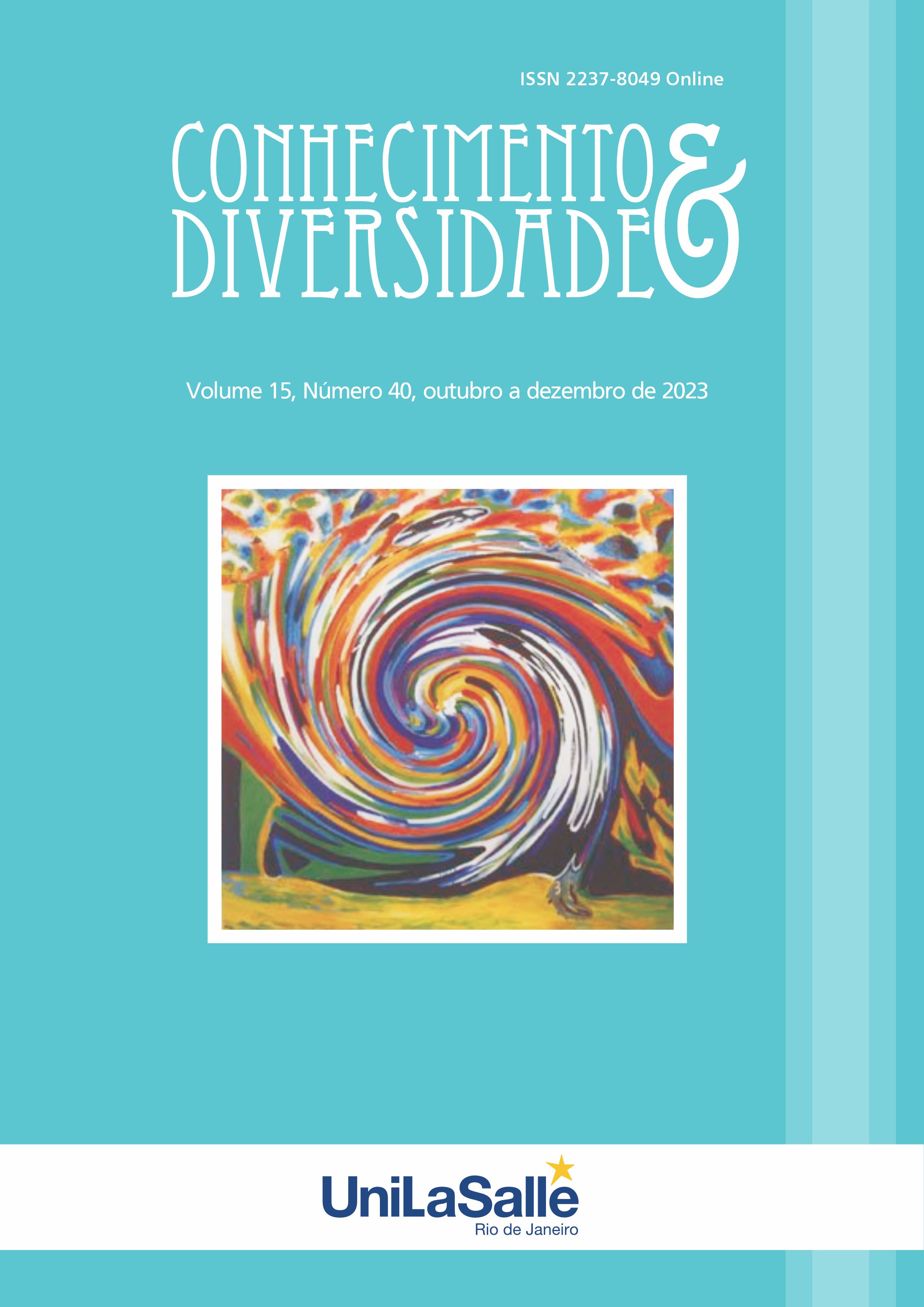AN EDUCATIONAL STUDY OF THE EFFECT OF FUTURE ANXIETY ON THE ACADEMIC PROGRESS OF UNIVERSITY STUDENTS
(STUDENTS OF PRINCE SETAM BIN ABDULAZIZ UNIVERSITY)
DOI:
https://doi.org/10.18316/rcd.v15i40.11312Palabras clave:
Anxiety, Education, Academic Achievement, StudentsResumen
The aim of this study was to An educational study of the effect of future anxiety on the academic progress of university students. Generally, Future anxiety means the score that a student obtains on the Future Anxiety Scale. This study aims at identifying the level of future anxiety among the students of Prince Sattam Bin Abdul-Aziz University. It attempts to highlight the differences between them in light of variable according to gender. It also seeks to underscore the impact of future anxiety on their academic achievement and the reasons for this anxiety and the suggested treatment. To achieve this goal, the researcher uses the descriptive analytical method to collect and analyze the data. The study is conducted on a sample of (60) male and female students in the academic year (2022/2023). The study sample was selected using stratified random sampling.
Citas
Al-Badri, Nabil Abdel-Aziz. (2003). Anxiety and its Relation to Some Variables among University Students, Unpublished M.A. Thesis, Faculty of Education, University of Tikrit, Iraq.
Jabr, Ahmed. (2012). The Big Five Personality Traits and Their Relation to Future Anxiety among Palestinian University Students in Gaza Governorates, Unpublished M.A. Thesis, Al-Azhar University, Gaza.
Habib, Asaad. (2013). Future Anxiety and its Relation to the Level of Ambition among Students of Al-Basra University, Unpublished M.A. Thesis, University of Al-Bosra, Iraq.
Hamdan, Mohamed Zeyad. (1986). Academic Achievement. Damascus: Modern Education House.
Al-Sabaawi, Fadila Aarafat. (2007). Future anxiety among the Students of the Faculty of Education and its Relation to Gender and Specialization: A Field Study on a Sample of Students from the Faculty of Education, the University of Mosul.
Shamsan, Mazin Ahmed. (2007). A Study of General Anxiety among a Sample of Students at Aden University, Journal of Educational Studies and Research, No. 4.
Abdul-Khaliq, Ahmed Mohamed. (1989). Personality Tests. Alexandria: University Knowledge House for Printing and Publishing.
Abdul-Ghafar, Abdel-Salam. (1977). Introduction to Mental Health. Westren Renaissance House.
Al-Uteiby, Hazal Bin Abdullah. (2016). The Effect of Future Anxiety on the Academic achievement of High School Students, Journal of the Faculty of Education, Assiut University, Vol. 32(4).
Othman, Ayed Mohamed. (2006). The Degree of Anxiety among the Students of West Bank Universities in Palestine and its Relation to Some Variables, the Palestinian Counseling Center.
Useiry, Abdullah Ibrahim. (2007). The Levels of Anxiety among the Students of King Saud University in Riyadh, Unpublished M.A. Thesis, Faculty of Post-graduate Studies, Naif Arab University for Security Sciences.
Ghorab, Hesham Ahmed Mahmoud. (2000). Anxiety and its Relation to Some Variables among High School Students in Gaza Governorate, Unpublished M.A. Thesis, Faculty of Education, Islamic University, Gaza.
Mohamed, Heba Muayed. (2010). Youth Future Anxiety and its Relation to Some Variables. Journal of Educational and Psychological Research, Baghdad University, Vol. 26-27, pp. 376-321.
Al-Mahdi, Asmaa Abdel-Mohsen. (2001). The Effect of a Counseling Program on Reducing Future Anxiety among Preparatory Female Sixth Grade Students and the Faculty of Education Students, Al-Mustansiriya University.
Peterson, Penelope l. (1979). Interactive Effects of Student Anxiety, Achievement Orientation, and Teacher Behavior on Student Achievement and Attitude, American psychological Association, Journal of Educational Psychology, vol. 69, No. 6, pp. 779- 792.
Descargas
Publicado
Número
Sección
Licencia
Derechos de autor 2023 Mohamed Bahaa Al-Nour Abdel-Rahimm Othman, Musalam Said Mohamed Al-Dosary, Mohamed Atallah Al-Azab Ismail

Esta obra está bajo una licencia internacional Creative Commons Atribución 4.0.
Tal como recomienda el Public Knowledge Project, RCD adopta para sus artículos una licencia CREATIVE COMMONS: Attribution CC BY 4.0
Esta licencia permite que otros distribuyan, remezclen, adapten y desarrollen su obra, incluso con fines comerciales, siempre que le atribuyan a usted el mérito de la creación original.
Esta es la licencia más adecuada que se ofrece.
Recomendado para la máxima difusión y utilización de los materiales bajo licencia.



